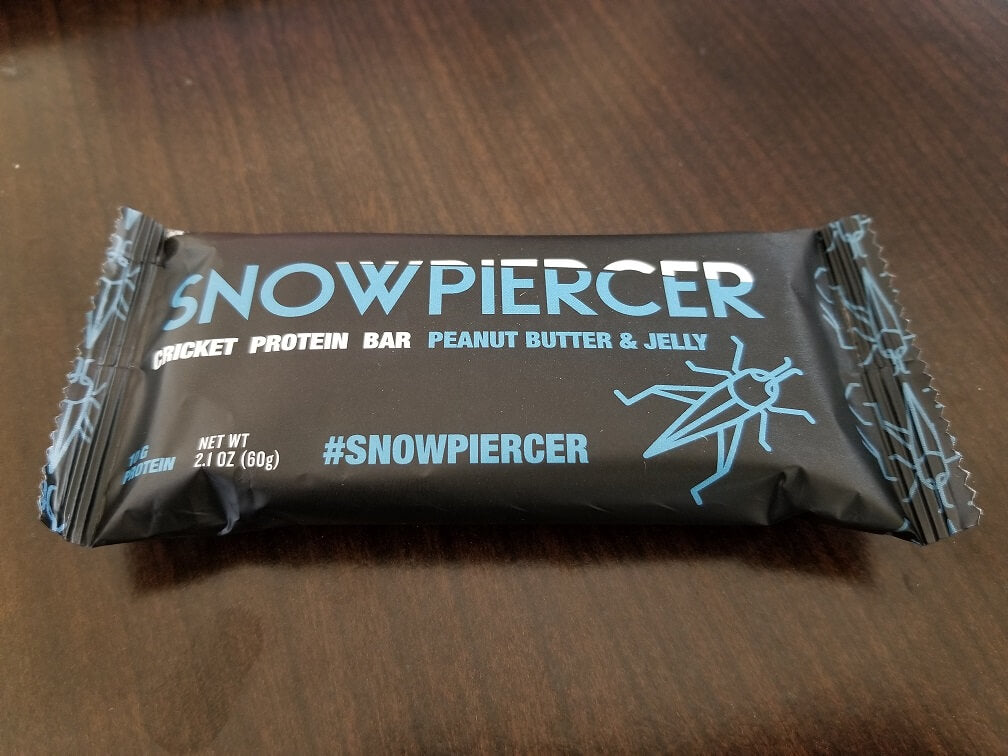WHAT IT IS?
In 2013 film “Snowpiercer,” a train that travels around the globe due to failed climate-change experiment has killed all life.The Snowpiercer train, powered by a perpetual-motion engine, represents the last bastion of human civilization. The train is strictly divided by class: the elites live in luxury at the front, while the poor are crammed into the tail section, living in squalor and subjected to brutal treatment by the train’s overseers.
The food situation :
- The Protein Bars in the Tail Section: The back of the train, which houses the lowest social class, is given dark, jelly-like protein bars as their main source of sustenance. It is made from cockroaches .
- Sushi in the Higher Class Car: At one point, as the rebels move forward, they encounter a car where they’re served sushi.
WHY IT´S COOL?
- Efficiency and Sustainability: In real-world discussions about sustainable protein sources for a growing global population, insects have often been proposed as a solution. They reproduce quickly, require less space, water, and food compared to livestock, and are protein-rich. Using cockroaches in the film subtly touches on this larger debate about the future of food.
- Societal Blindness: Just as the tail-enders are initially unaware of what they’re consuming, society often remains ignorant or chooses to turn a blind eye to the uncomfortable truths behind their comforts.
WHY IT HAS FUTURE GROWTH POTENTIAL?
Whether or not cockroaches will be a major food source in the future remains speculative,consuming insects as a sustainable source of protein has gained traction in recent years.
- Environmental Sustainability: Insects, in general, require less land, water, and food than traditional livestock. They produce fewer greenhouse gases and can be cultivated on organic waste products.
- Nutritional Value: Insects are rich in protein and contain essential vitamins and minerals. Some are also rich in healthy fats.
- Economic Efficiency: Insects reproduce quickly and have high feed-to-protein conversion rates. This means they can be a cost-effective source of protein, especially in regions where conventional livestock farming is challenging.
Worries
- Deception and Lack of Consent: One of the primary moral issues is the lack of informed consent. The tail-section passengers aren’t aware of the primary ingredient in the protein bars, which means they can’t make informed choices about their diet. Deception, particularly on such a fundamental aspect of daily life, is seen as a significant breach of trust and autonomy.
- Practicality vs. Morality: From a practical perspective, if the goal is the survival of humanity in a confined space with limited resources, then maximizing efficiency might be a priority. Insects, as mentioned earlier, are an efficient protein source.





Carl Rohde
Juan Carlos Franco Sanchez